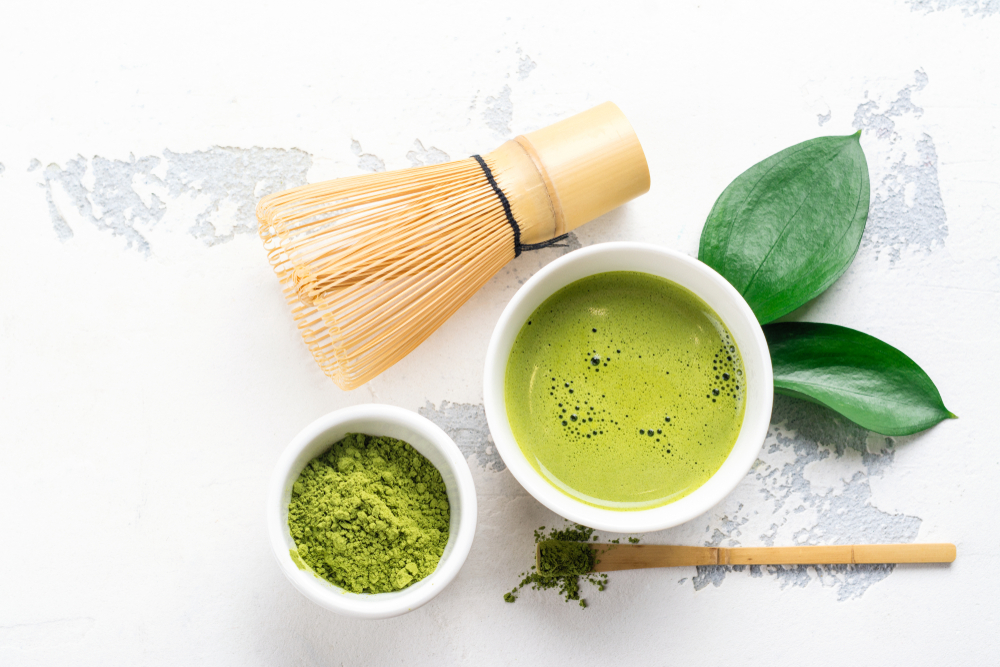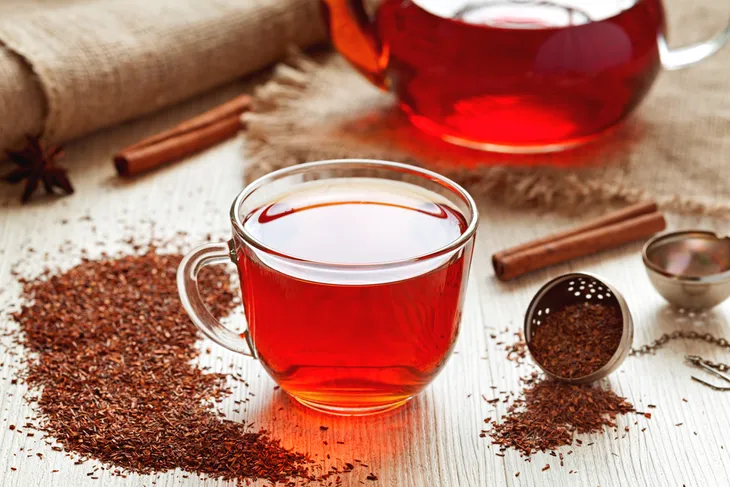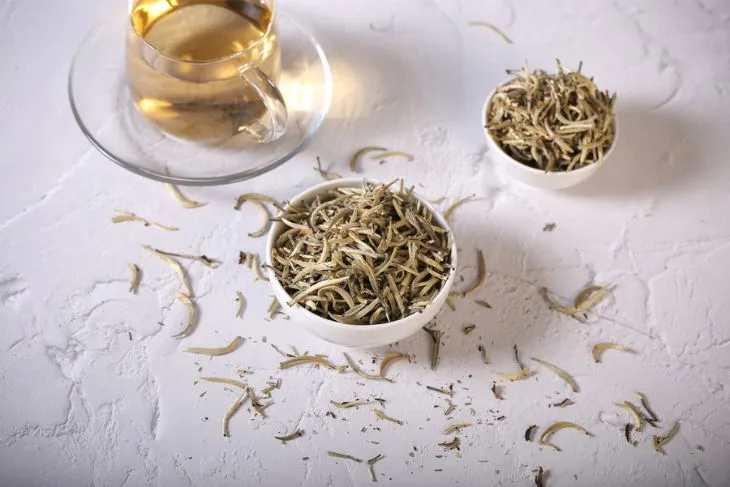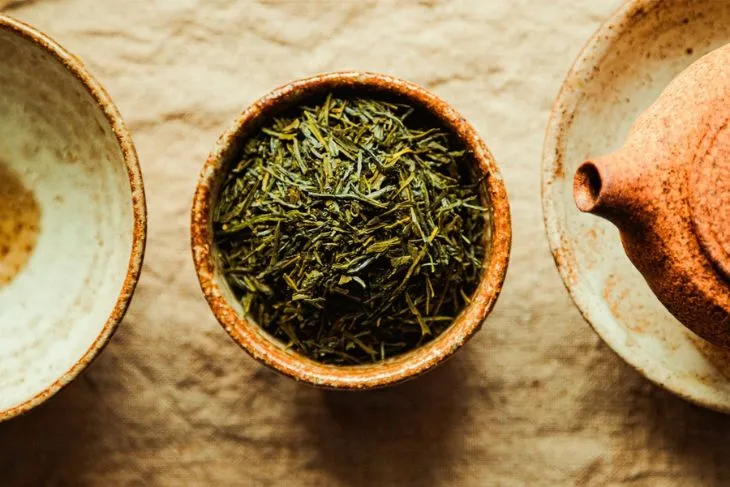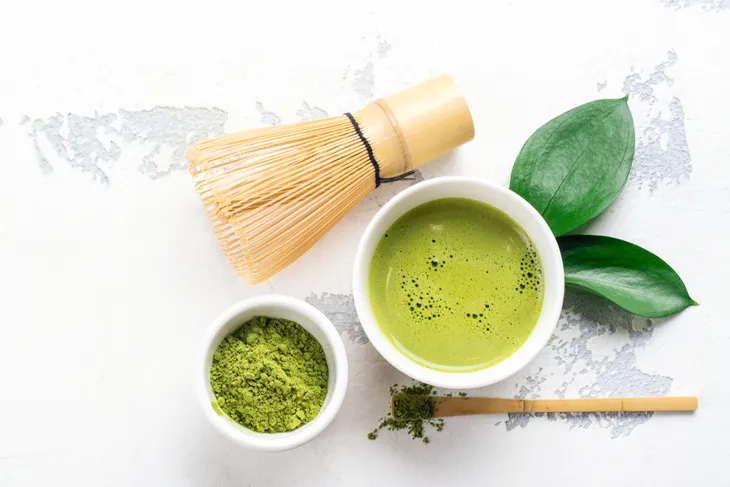There are many types of tea in the world and with its growing popularity in the Americas, the options for tea-time feel limitless. Limitless options is not only a good thing for your taste buds, but it’s also good for the variety of benefits you can receive from drinking different types of tea. Many teas contain antioxidants, which are known for lowering your risk of several chronic diseases—such as certain types of cancer, diabetes, and high cholesterol.
Here are five super brews with spectacular health benefits…
Rooibos
Rooibos falls under the category of herbal tea. The tea leaves come from a type of bush that grows in the Southern part of Africa. Rooibos is flavorful with a slight nutty taste and a vibrant red color, but this tea is also got some excellent health benefits.
For those of us who are sensitive to caffeine or who want a warm drink but not the stimulant, rooibos is for you. It’s a caffeine-free type of tea and it’s a good source of antioxidants. Researchers from WebMD claim that drinkers of rooibos tea gain protection against heart disease and cancer by consuming rooibos tea regularly.
Silver Needle
This white tea is rare and a little more expensive because it can only be harvested a couple times a year. Silver needle tea hails from China and it has a mild flavor and light color, which makes it great for those of us who prefer a gentler brew.
Compared to other types of teas, white tea undergoes the least amount of processing, so it retains a lot of its antioxidants (although green teas still tend to have the most antioxidants). According to Livestrong.com, studies show that Silver Needle tea may help regulate the glucose levels in your blood. However, if you are caffeine-sensitive, this type of tea contains a high amount of caffeine, due to the fact that the buds of the tea plant, which contain the most caffeine, are used.
Sencha
Sencha tea is to Japan what Earl Grey tea is to the UK—it’s the most popular tea and less expensive than other popular Japanese green teas, like gyokuro and matcha. Aside from its fresh taste and green color, there are also plenty of potential health benefits to glean from drinking sencha.
As this is a green tea, little processing (i.e., oxidization) has been done to the leaves, which means that the cells and all the antioxidants they contain are still intact. Studies link sencha to preventing certain types of cancer, specifically prostate and colon cancer. Sencha does contain caffeine, although it has significantly lower than most black teas or coffee. Sencha green tea has about 30-milligrams of caffeine in a cup of tea, whereas coffee has upwards of 110-milligrams of caffeine per cup.
Matcha
This type of tea stands out from the rest for many reasons. For one thing matcha is prepared a lot differently than most teas — you use a scoop of matcha, add lukewarm water, and mix it with a chasen, or bamboo whisk. Because matcha is a powder made from tea plant leaves, you are not just consuming water that has been infused with tea, but consuming the whole leaf and all of its benefits.
As you are consuming the leaf of the tea plant, you are consuming all of the antioxidants that reside in the leaf. Think of it like the difference between consuming chicken broth and a piece of chicken breast. You get the most amount of antioxidants from this type of tea. Researchers have found that matcha can benefit your body by lowering your cholesterol, increasing your metabolism, and reducing your chances of developing cancer. Matcha does contain caffeine and some people enjoy the different and fresh taste of this green tea, while other liken its flavor to grass or spinach.
Ginger Tea
Although you may reserve a cup of ginger when you need a natural remedy for nausea and motion sickness, or if you have the stomach flu, ginger tea actually contains multiple compounds that can help manage type 2 diabetes.
For instance, studies from the University of Sydney, in Australia, studied the effects of buderim ginger extracts (or Australian ginger) on blood sugar levels. Researchers found that the ginger was rich in gingerols (a component of ginger rhizome) and was able to manage high blood sugar in diabetic patients—without the need for insulin.
